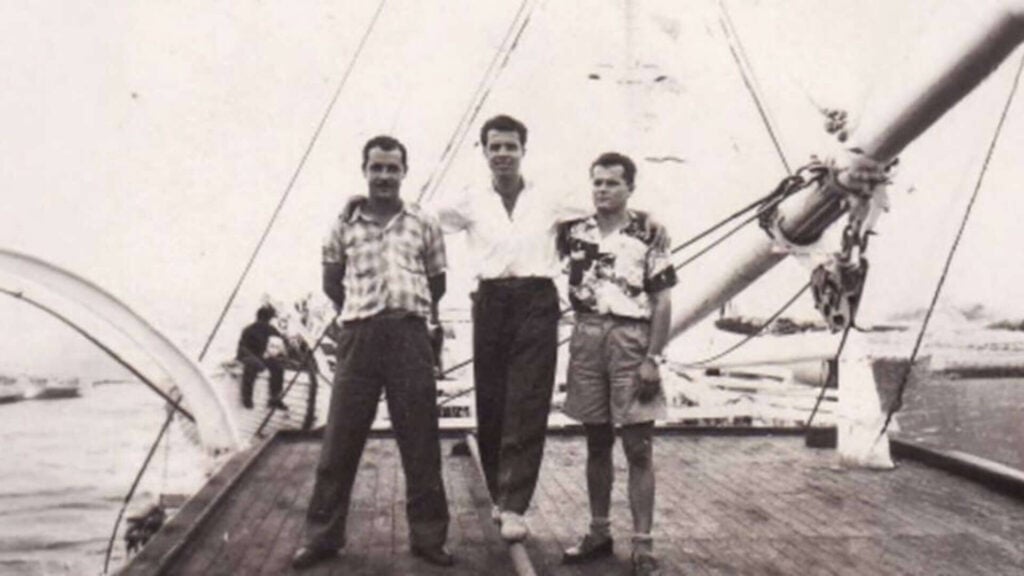The story of Tasos Kolokotronis is one of courage, loss, and resilience that mirrors the wider Greek migration experience to Australia in the 1950s. Leaving his village of Nea Magnisia in Thessaly on November 20, 1954, Tasos faced the heartache of saying goodbye to his bedridden mother, only to later learn of her passing shortly after his departure. His journey aboard the ship Kyrenia, alongside hundreds of young men carrying nothing more than suitcases of clothes and dreams, set the stage for a life of challenges and opportunities in a new land.
His first stop was Greta Migrant Camp in New South Wales, where life was marked by long queues and uncertainty. Determined to find a better path, Tasos and friends made their way to Sydney and then Melbourne, where fellow Greeks helped them find accommodation and work. Tasos’ first jobs were in industries like plaster and motor works, where long hours and harsh conditions tested their endurance but also shaped their resilience.
Despite the hardships, the Greek community in Melbourne began to grow stronger. Saturdays were spent in the heart of the city, while Sundays were reserved for community gatherings in Greek cafés and halls. With the scarcity of Greek women in the early years, social life was complicated, but friendships and small joys—like buying a shared record player—brought comfort.
Like many migrants of his time, Tasos was drawn by the myth of high wages in sugarcane cutting. This dream took him and his friends on a long journey north, but instead of cane fields, they ended up working on railways near Babinda in Queensland. Even in these unexpected turns, Tasos found opportunities to build his life, showing the adaptability and courage that defined his generation.
Returning to Melbourne, fate introduced him to Christina Tzenga, the woman who would become his wife. Their marriage symbolized not only personal happiness but also the roots that migrants planted in Australia, shaping the vibrant Greek community that thrives today.
Tasos Kolokotronis’ journey, told with humour and honesty, is a reminder of how migrants carried both grief and hope, turning hardship into opportunity. His reflections capture the essence of migration—sacrifices made for family, struggles against uncertainty, and the building of new identities in foreign lands.
His story, featured in the Antipodes 2025 annual, highlights the wave of Greek migration that reshaped Melbourne and other Australian cities in the 1950s and 60s. Through personal histories, period artefacts, and photographs, the magazine preserves the memory of a generation whose resilience transformed Australia into a more diverse and dynamic society.

